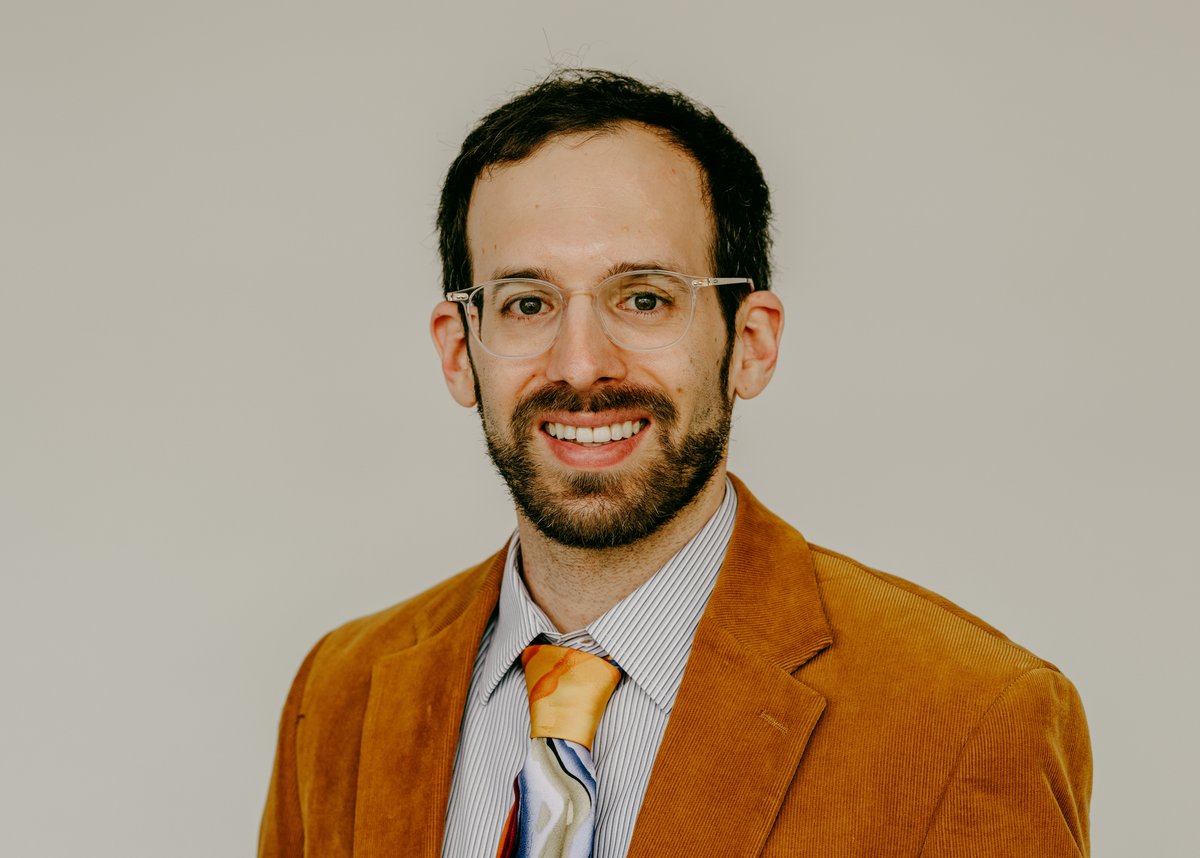1. Why are you studying inequality?
Inequality is all around us, having (whether directly or indirectly) negative consequences on individuals’ well-being and success. I’m motivated to study inequality - its sources, shapes, and consequences - because these aspects are crucial for addressing it.
2. What are you working on?
As a member of the Integration@Work team, I investigate how the political context external to organizations shapes migrant workers’ experiences within the workplace. In particular, I look at how community support for far-right political parties determines migrants’ work-related outcomes, for example migrants’ social integration and work performance. At the moment, I’m investigating the negative influences of the Alternative für Deutschland in Germany, the Schweizerische Volkspartei in Switzerland, and the Republican party in the United States.
3. How did you end up here?
In my doctoral dissertation, I studied the social comparisons made between employees ( “Does my leader treat me better or worse than they treat other colleagues?”). Social comparisons often stem from the perception of inequalities, so my previous work allowed for a rather smooth transition into the study of migrants’ integration in the workplace.
4. Recent highlight?
Recent highlights include numerous opportunities to present my research in person again. I missed this aspect of academia and am definitely someone who enjoys sharing their findings with others.
5. Dream project?
One yet unresearched form of inequality involves the stigma associated with psychedelic drug use, which can limit an individual’s career prospects. In the United States, for example, applicants for the Federal Bureau of Investigation (FBI) are considered automatically ineligible if they have used psychedelic drugs within the last 10 years. This is regardless of the applicant’s credentials, ability, or motivation to serve. Arbitrary exclusion critera such as this likely damage organizations by limiting the creative diversity that may come from those who use, or have used, psychedelic drugs. This is something I would love to research.
Benjamin Korman is a postdoctoral researcher at the Cluster of Excellence "The Politics of Inequality", where he works in the project "Integration at Work". His research interests include social comparison processes and paradoxical behavior in the workplace, as well as the evolutionary basis of emotions.

